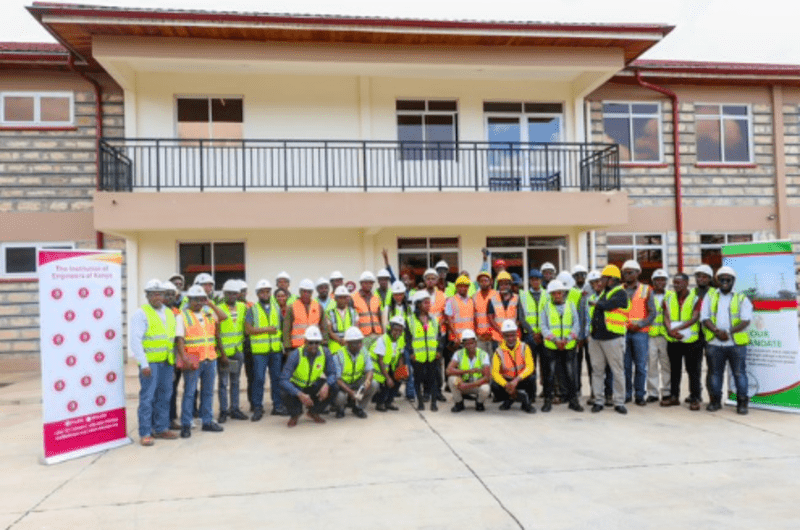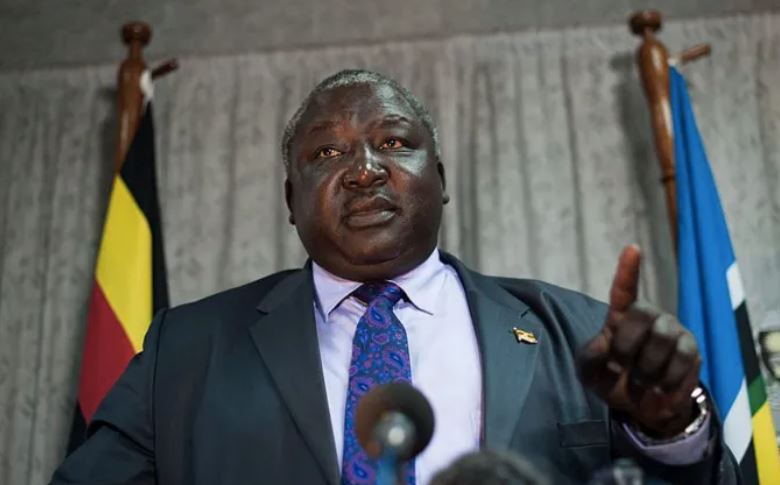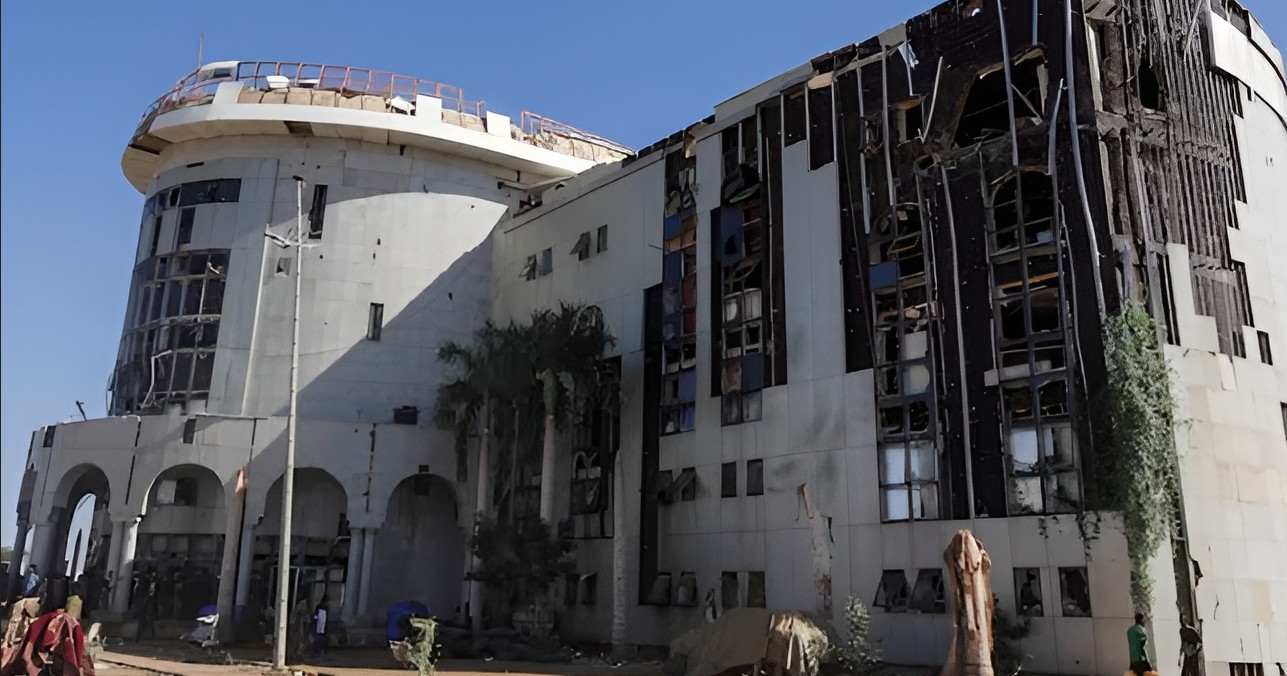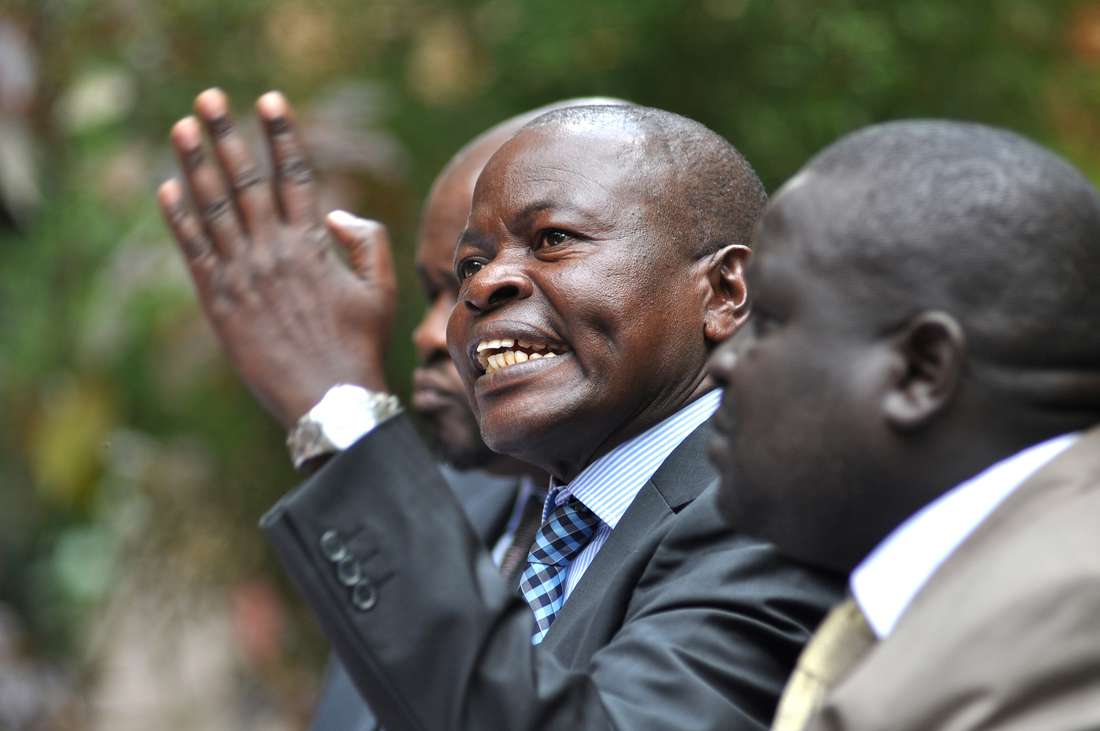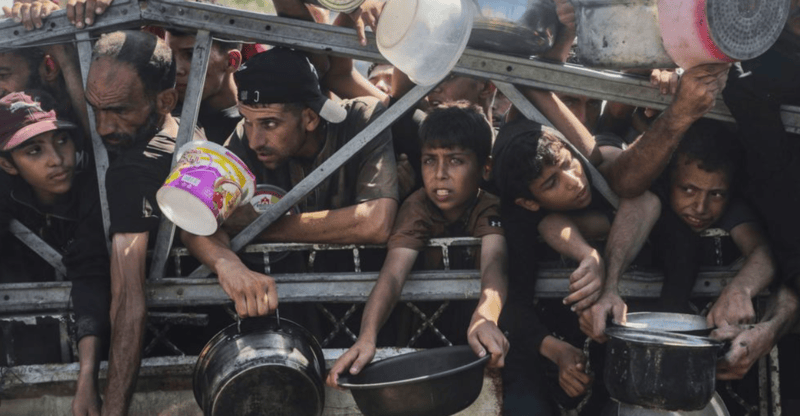Opinion: Pastor's anti-Somali comments calls for urgent action against ethnic profiling in Kenya

The government, civil society, and media have critical roles to play in curbing this dangerous trend. Legal frameworks must be enforced to combat hate speech, and those who propagate xenophobia should be held accountable.
A viral video of a pastor openly spewing hatred towards Kenyan Somalis has opened Pandora's box, revealing the underlying xenophobia that has long simmered in Kenya.
The pastor's inflammatory remarks, broadcast to a wide audience, have shed light on a broader trend of ethnic profiling and discrimination against the Somali community in Kenya, a disturbing development that demands urgent attention.
Religious leaders hold significant sway over their congregation and when they echo xenophobic sentiments like that, it lends a veneer of legitimacy to dangerous ideas.
The phrase "Rudi Somalia" has become part of the Kenyan vocabulary, a weaponised statement aimed at Kenyan Somalis to project ethnic hatred. This rise in anti-Somali sentiment is a dangerous precursor to more severe societal fractures. Such rhetoric bears a chilling resemblance to the propaganda tactics that have historically preceded some of humanity's darkest chapters, including those in Kenya itself.
The phrase is symbolic of a broader narrative that casts Kenyan Somalis as perpetual outsiders, despite their deep-rooted presence in the country.
The spread of anti-Somali sentiment in Kenya has been alarmingly casual, especially in online spaces and even within religious contexts. Social media platforms have become fertile ground for the dissemination of these attacks. Inflammatory posts, fake news, and derogatory memes targeting the Somali community circulate widely, often going unchecked.
The appointment of Aden Duale as the Cabinet Secretary for Defense was met with a surge in hatred and profiling. Critics used his Somali heritage to question his loyalty and competence, insinuating that his ethnic background made him unfit for the position. This baseless profiling highlights the deep-seated prejudice that Kenyan Somalis face, regardless of their contributions to the nation.
Kenya, a nation that prides itself on its diverse ethnic groups, is no stranger to ethnic tensions. The country's history is marred by episodes of violence and discrimination that have left permanent scars on its collective conscience. Understanding these past events is crucial to comprehend the gravity of the current anti-Somali discourse.
One of the darkest chapters in Kenya's history is the 2007-2008 post-election violence. Following a disputed presidential election, Kenya descended into chaos. Ethnic tensions, long-simmering under the surface, erupted into widespread violence, resulting in the deaths of over 1,000 people and the displacement of hundreds of thousands. The primary ethnic groups involved were the Kikuyu, Kalenjin, Luo, and Luhya, with each group targeting others based on perceived political affiliations. This period exposed the deep-seated ethnic divisions within Kenyan society and the ease with which political manipulation could ignite them.
Another significant episode is the 1984 Wagalla Massacre, where Kenyan security forces, ostensibly conducting a disarmament operation, brutally killed hundreds of ethnic Somalis in Wajir County. This massacre is a reminder of the state's capacity for violence against its citizens under the guise of maintaining security. The Wagalla Massacre remains a deeply traumatic event for the Somali community in Kenya and symbolises the historical injustices they have faced.
Several factors have contributed to this rise in anti-Somali sentiment. Firstly, the ongoing security concerns related to the Al-Shabaab militant group have unfairly stigmatised the Somali community. The Kenyan government's military intervention in Somalia and subsequent terrorist attacks on Kenyan soil have led to a narrative that unfairly associates all ethnic Somalis with terrorism. This collective blame has been exacerbated by media portrayals and political rhetoric, further entrenching negative stereotypes.
Secondly, economic competition has also played a role. In urban areas like Nairobi and Mombasa, Somali entrepreneurs have established successful businesses, leading to economic resentment among other communities. This economic competition is often framed in xenophobic terms, with accusations that Somalis are taking jobs and resources away from "true" Kenyans.
The use of propaganda to fuel ethnic hatred is a tactic that has been employed in some of the darkest chapters of human history. The Rwandan Genocide in 1994 is a stark example, where radio broadcasts were used to incite Hutus to commit atrocities against Tutsis, resulting in the deaths of approximately 800,000 people in just 100 days. Similarly, Nazi Germany utilised propaganda to dehumanize Jews, which paved the way for the Holocaust, during which six million Jews were systematically murdered.
Given Kenya's tumultuous history with ethnic violence, the rise in anti-Somali sentiment must be addressed with urgency and seriousness. The government, civil society, and media have critical roles to play in curbing this dangerous trend. Legal frameworks must be enforced to combat hate speech, and those who propagate xenophobia should be held accountable. Education campaigns that promote unity and the contributions of the Somali community to Kenya's development can help counter negative stereotypes.
Furthermore, political leaders must avoid the temptation to use divisive rhetoric for short-term gains. The post-election violence of 2007-2008 serves as a reminder of the consequences of such actions. Leaders should instead focus on fostering a sense of national identity that transcends ethnic boundaries.
Civil society organisations can also play a pivotal role by promoting dialogue and understanding between different communities. Initiatives that encourage inter-ethnic cooperation and highlight shared values can help bridge the divides that xenophobia seeks to widen.
The Somali community is an integral part of Kenya's past, present, and future, and efforts must be made to ensure they are treated with the dignity and respect they deserve.
Top Stories Today

